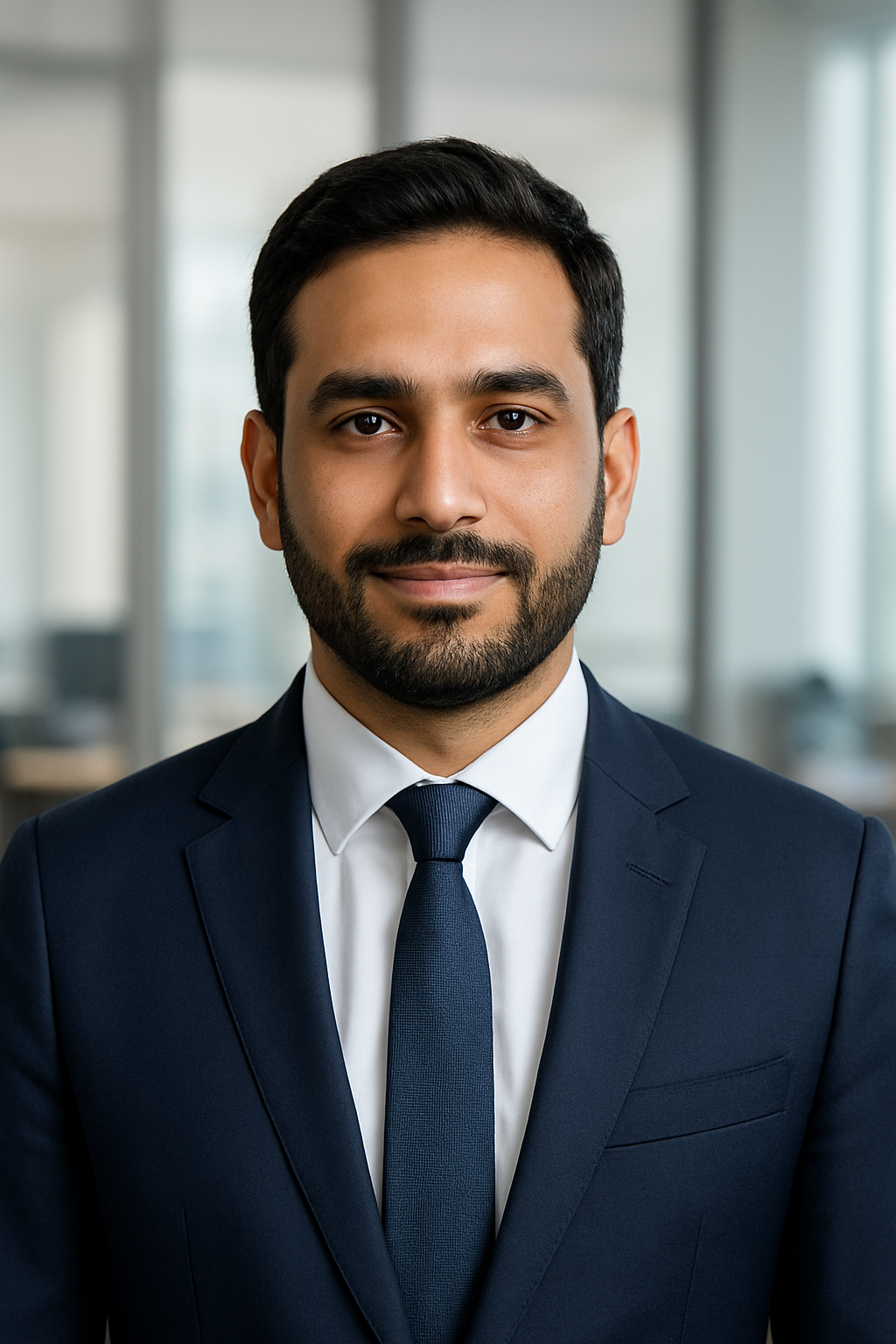Dubai, 11th December 2018 (WAM) – The International Halal Accreditation Forum (IHAF) has entered into a Memorandum of Understanding (MoU) with the International Accreditation Forum (IAF) and the International Laboratory Accreditation Cooperation (ILAC) to bolster the rapidly expanding global halal industry.
IHAF, an independent, non-governmental network of accreditation agencies tasked with enforcing halal standards across their respective countries and regions, is headquartered in Dubai, UAE. With 31 members spanning six continents, IHAF continues to strengthen its global presence.
The global Muslim population, projected to reach 2.1 billion by 2027—accounting for 25.2% of the world’s population—is expected to drive significant growth in Muslim spending across various sectors in the coming years.
The MoU was signed by Mohamed Saleh Badri, Secretary-General of International Halal Accreditation Forum; Xiao Jianhua, Chair of IAF; and Merih Malmqvist Nilsson, Chair of ILAC during joint General Assembly meeting of ILAC and IAF in Singapore. This partnership marks a pivotal step toward enhanced collaboration among the three organizations, fostering knowledge exchange, expertise sharing, and the development of technical mechanisms in areas of mutual interest. The agreement is expected to open new avenues for global trade and facilitate the seamless movement of halal products and services across borders.
The MoU acknowledges the critical roles of IAF and ILAC in managing multilateral mutual recognition arrangements for accreditation bodies, ensuring conformity assessment bodies adhere to internationally accepted standards. It also recognizes IHAF’s role in accrediting halal conformity assessment bodies (CABs) using these same standards, leveraging the peer evaluation processes established by IAF and ILAC.
Additionally, the MoU highlights IHAF’s contributions to ensuring the credibility of CABs, promoting the trade of halal products and services, and creating a platform for member accreditation bodies to participate in multilateral arrangements. These arrangements enable the mutual acceptance and recognition of halal compliance results, while also clarifying halal schemes for CABs, ABs, and companies. The collaboration aims to eliminate redundant efforts by building on the existing activities of IAF, ILAC, and their recognized regional bodies.
Mohamed Saleh Badri, Secretary-General of IHAF, emphasized the significance of this partnership, stating, “This cooperation with IAF and ILAC underscores IHAF’s vital role as an independent organization that grants international recognition to halal accreditation bodies. IHAF is committed to forging strategic partnerships with leading international organizations to establish and maintain the highest standards, schemes, and practices among accreditation bodies. This ensures the reliability and accuracy of halal certificates issued by conformity assessment bodies.”
Since its establishment in 2016, IHAF has grown rapidly, welcoming 31 accreditation bodies into its membership. Many of these members represent countries that are key players in the global halal industry and trade.
The global halal market, a cornerstone of the world economy, has experienced steady growth in recent years. According to the State of the Global Islamic Economy Report 2017/2018 by Thomson Reuters, halal food remains the largest and most diverse sector of the Islamic economy, with spending projected to reach 1.93trillionby2022.Othersectors,suchashalaltravel,pharmaceuticals,andcosmetics,arealsowitnessingsignificantgrowth.Halaltravelspending,estimatedat1.93trillionby2022.Othersectors,suchashalaltravel,pharmaceuticals,andcosmetics,arealsowitnessingsignificantgrowth.Halaltravelspending,estimatedat169 billion in 2016, is forecast to reach 283billionby2022.Similarly,halalpharmaceuticals,valuedat283billionby2022.Similarly,halalpharmaceuticals,valuedat83 billion in 2016, are expected to grow to 132billionby2022,whilehalalcosmetics,worth132billionby2022,whilehalalcosmetics,worth57.4 billion in 2016, are projected to reach $82 billion by 2022.
IHAF’s mission is to create a robust global halal market and facilitate international trade by enabling mutual recognition among member accreditation bodies. By streamlining processes, IHAF promotes cost-effective accreditation, which in turn supports the production of affordable halal goods and enhances access to global markets for halal-related businesses.

Anas AlQahtani is a seasoned job consultant and content writer at IHAForum.ae, bringing over 10 years of experience in the UAE and Saudi job markets. Known for his practical guidance and industry insights, Anas helps job seekers make confident career choices while supporting employers in finding the right talent. His work at IHA Forum focuses on empowering candidates with clear, reliable, and actionable career advice.